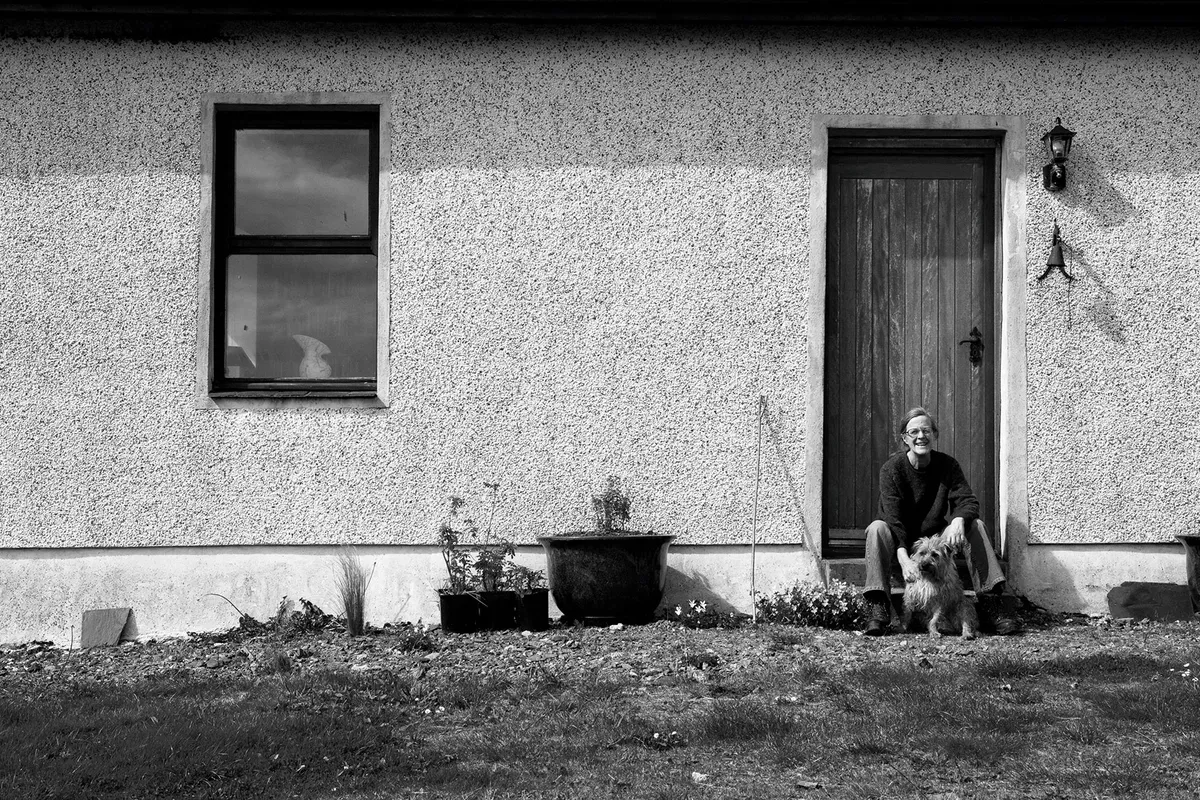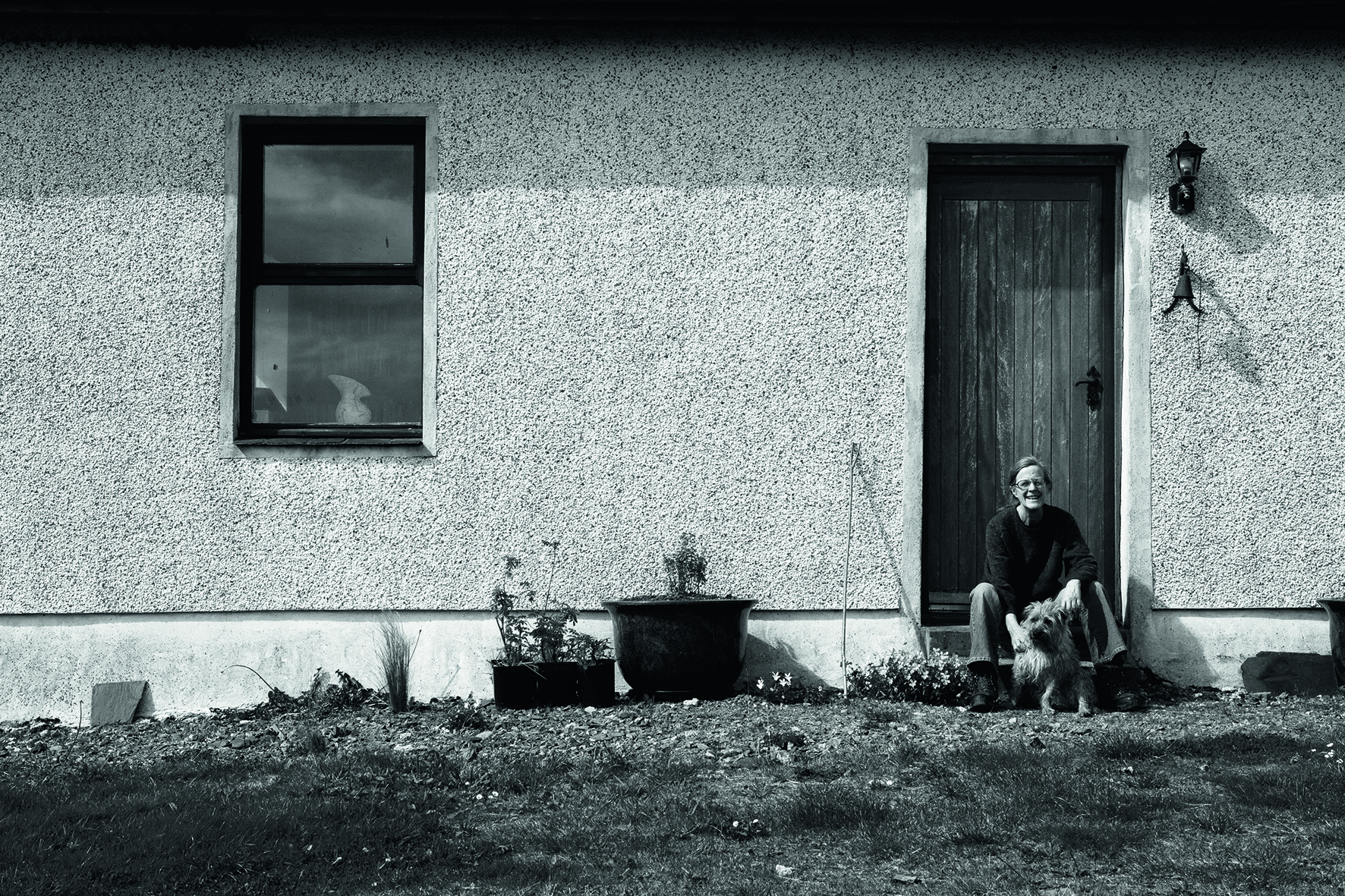A few mornings ago, I was woken up early by a strange sound, or rather by what has become a strange sound, although it once was not. An aeroplane was passing overhead.
It was pretty small and with propellers, not a jet, so I imagine that it was a private ‘toy’ rather than a commercial flight. Nonetheless, it felt deafeningly loud and extremely intrusive; it also felt like a herald of a return to ‘normality’.
Though, of course, it is a strange normality that has only been a possibility for barely over 100 years, and considerably less than that in this upland, very rural glen. I have neighbours who can vividly remember seeing their first aeroplane.
One of the reasons I live where I live is because it offers me a depth of quiet that I love. But the honest truth is that quiet (or hush) and silence are very different things, and while the lockdown has made the countryside wonderfully quiet, it has not made it silent.

What kinds of noise are there?
It is generally recognised that there are three different kinds of sound: geophonic, biophonic and androphonic. Geophonic sound is noise made by the Earth itself – water, wind, thunder and so forth. Biophonic sound is the noise of living creatures that are not human – birdsong, for example. And androphonic sound is noise made by human beings.
In fact, the distinction is not as simple as this might suggest. If I plant a tree in my garden and a high wind makes it rustle or creak, is that geophonic (the wind), biophonic (the tree), or androphonic (me)? But it’s a useful distinction, and certainly around here, although there is of course some androphonic noise – cars, quad bikes, my fridge, the distant railway, the wind turbines – I mainly hear the other two that have not been so much affected by Covid lockdown. In fact, many rural people sense that lockdown has enhanced biophonic sounds, such as birdsong.
How sound travels
There is a further complication here too, something usually called sound attenuation – the loss of energy from sound waves. Sound waves travel further when the air is damp than they do when it’s dry. This is one reason why it’s more silent in deserts than elsewhere. There are not only fewer sources of all three of the noise-makers, but, additionally, each sound travels less far in the dry desert air. This is presumably why hermits so often chose to live in deserts. Whereas in south-west Scotland, for example, the air is very often wet, therefore noises carry further and lose less volume. Still, it’s important to remember that wherever we are, we very seldom experience true complete silence and never for very long. Even when there is nothing else to hear, there is always the sound of our own bodies: breathing, heart beating.

As all the restrictions and pains of the pandemic fade away, we need to think clearly about what positives it has given us, to weigh against the horrendous price we have paid. From my personal point of view, among the biggest gains has been the substantial reduction in the amount of plastic rubbish chucked out of cars along our rural roads, but the more peaceful, quiet ‘soundscape’ has also been a genuine bonus.
Of course, we need and want visitors (and their spending power!) back and we look forward to welcoming them again, but it would be lovely if they could come back more quietly and not fly aircraft over our peaceful landscape, so we and they could enjoy the hush.

